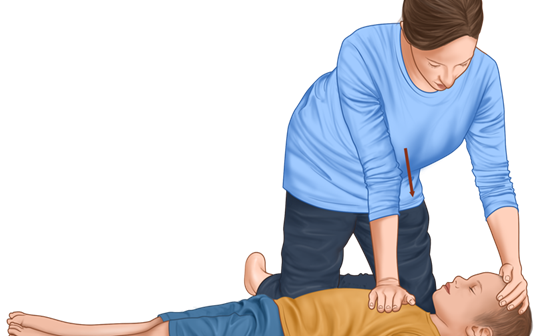According to Center for Diseases Control, breast cancer is defined as a disease that is characterized by the abnormal growth of cells in the breast. It is the leading cause of death amongst women globally and one of the most widely known diseases, it’s a shocker that there’s still a lot of misconceptions and myths surrounding the disease.
Today we’ll discuss and dispel 7 common myths on breast cancer, this will help bring more important awareness on the disease and its effects.
MYTH 1: ONLY WOMEN WITH A FAMILY HISTORY GET BREAST CANCER.
Even though the disease is linked with heredity, only about 5 -10% of breast cancer is caused by heredity while a vast majority have no family history. However, a family history of cancer on either of your parent’s sides can be a risk factor as well. Consider sharing with your Doctor if one or more persons from your family have been diagnosed with cancer before.
MYTH 2: IF YOU PRACTICE A HEALTHY LIFESTYLE, YOU CAN’T GET CANCER
In most cases, breast cancer is caused by factors outside of human control. Although living and practicing a healthy lifestyle can help reduce risk factors, it doesn’t eliminate the chances of you developing the disease which is why it’s crucial to get regular breast checks, carry out self-examinations frequently and be on alert to even the slightest changes in your breasts.
MYTH 3: WEARING A BRA AND USING ANTIPERSPIRANTS CAN CAUSE BREAST CANCER
This is one of the most popular misconceptions out there but there is currently no scientific proof or evidence tying wearing of underwire bras or using deodorants to being a risk factor for developing breast cancer. In the case of deodorants, there’s been a lot of media coverage condemning the use of antiperspirants containing aluminium and claiming that regular use can over time release toxins into the breast via the skin on the armpit and go on to cause breast cancer. However, none of these claims is currently scientifically unproven.
MYTH 4: A MAMMOGRAM ISN’T ALWAYS ACCURATE
Although a mammogram can be a way to check for breast cancer cells, it’s not always accurate as the scan can fail to pick up cancerous cells and give a false sense of security. Additionally, only a very few per cent of lumps in the breast turn out to be cancerous but you can never tell which without further testing and scans so never ignore even the littlest change, speak to your doctor immediately.
MYTH 5: BREAST CANCER ONLY AFFECTS OLDER WOMEN
The percentage of women over 40 developing breast cancer is higher, however, this doesn’t rule out the possibility of women under the age of 40 developing the disease. In 2017, about 4% of breast cancer cases were diagnosed in women under 40, another reason why women of all ages need to pay attention to their breasts in case of any changes.
MYTH 6: BREAST CANCER CAN’T HAPPEN TO MEN
This belief stems from the fact that men don’t have breasts, however, they have breast tissues and although it is a very rare case scenario, men can also be diagnosed with breast cancer and have a higher mortality rate because there’s lesser awareness among men.
MYTH 7: ONCE YOU FINISH YOUR TREATMENT, YOU ARE OK
Treatment of breast cancer is a long tiring process involving a lot of physically and mentally draining activities for the patient. However, a lot of people believe once the breast cells are restored to normal and cancer removed, that means the patient’s life is back to normal. This is not the case as treatment options vary and can last anywhere from 10 years to a lifetime in some cases. There is a need for lifestyle changes, use of hormones, surgeries etc that continue after a person has been cleared and declared cancer-free.
Fortunately, Breast cancer, if diagnosed in time can be prevented or managed efficiently. This is why everyone must learn about breast cancer and its risk factors to protect themselves. Carrying out self-examinations is also another way to detect early signs or symptoms and that’s why Wellahealth has designed a system to always remind you to carry out self-exams. All you’ll have to do is sign up with your mobile number here and we’ll send you a reminder message monthly. Click here to start
If this article was helpful, don’t forget to share it amongst your friends, family and people you care about to spread more awareness.






